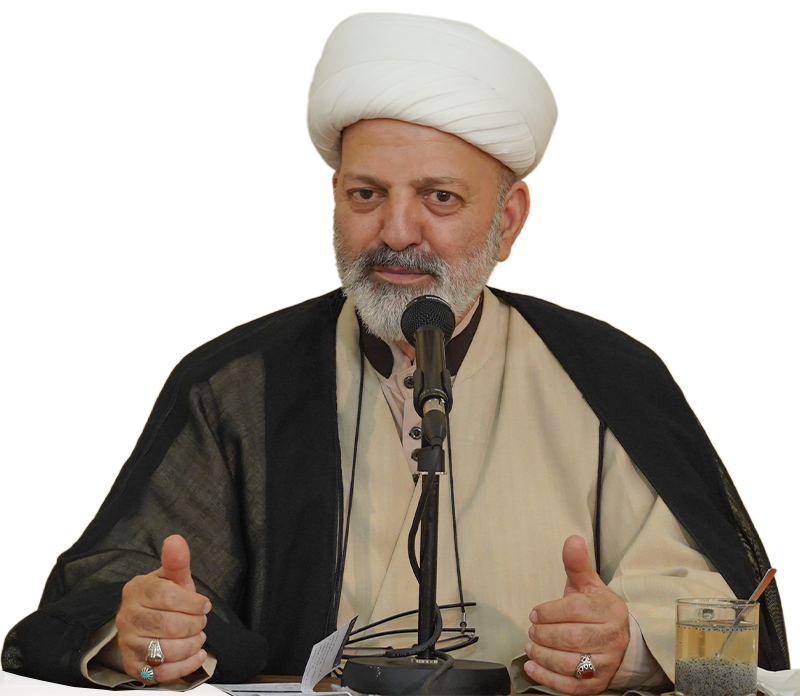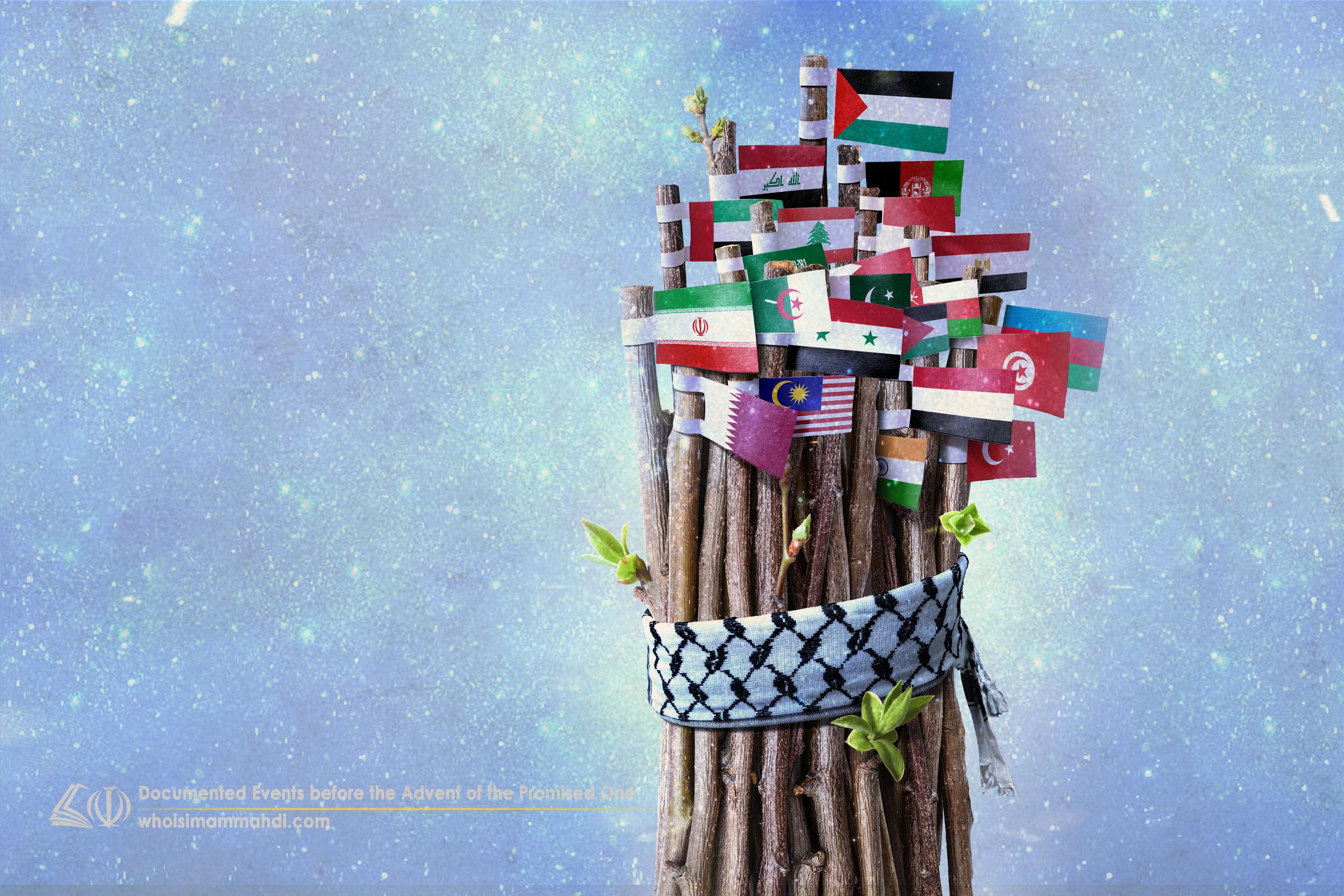Professor Muhammad Shojaee
Muhammad Shojaee was born in 1964 in a religious family in Shahr-e-Rey, the capital of Rey county in Tehran Province, Iran. He completed his primary and secondary education in this very county town. Since he was interested in religious studies, after completing his secondary education, he entered the seminary and studied for years under the supervision of the prominent scholar of the seminary, Ayatollah Mojtahedi Tehrani.
He also benefited from the teachings of eminent scholars such as Allameh Hassanzadeh Amoli, Ayatollah Javadi Amoli, Ayatollah Ansari Shirazi, and Ayatollah Mamdouhi, all of whom were students of the late Ayatollah Bahjat, as well as Hajji Agha Emami and the late Mr. Doolabi.
Professor Muhammad Shojaee, alongside his study under these great theological minds, pursued a bachelor’s degree in philosophy and obtained a master’s degree in Quranic studies. Through dedicated learning, his understanding evolved, culminating in his current status as a professor known for his articulate and logical expression.
Professor Shojaee's Viewpoints on Islamic Teachings and the Way He Presents Them

Definition of the Human Being from the Viewpoint of Professor Shojaee
In Muhammad Shojaee’s definition, the human being has a beginning, but no end. That is, the human is a being that lives in the period “from birth to infinity” and this infinity is one of the important characteristics of the human dimension that distinguishes the human from other beings in the world. In this view, every human being has two births during his life. The first birth is related to entering this world, which is the beginning of a life that lasts several decades and ends with wafat. Wafat means moving from one place to another. Wafat itself is the beginning of entering the realm of the hereafter, which has no end. It is actually the second birth of the human to eternal and infinite life in the realm of the hereafter. In this view, not only does a person not end with wafat, but his main life just begins.
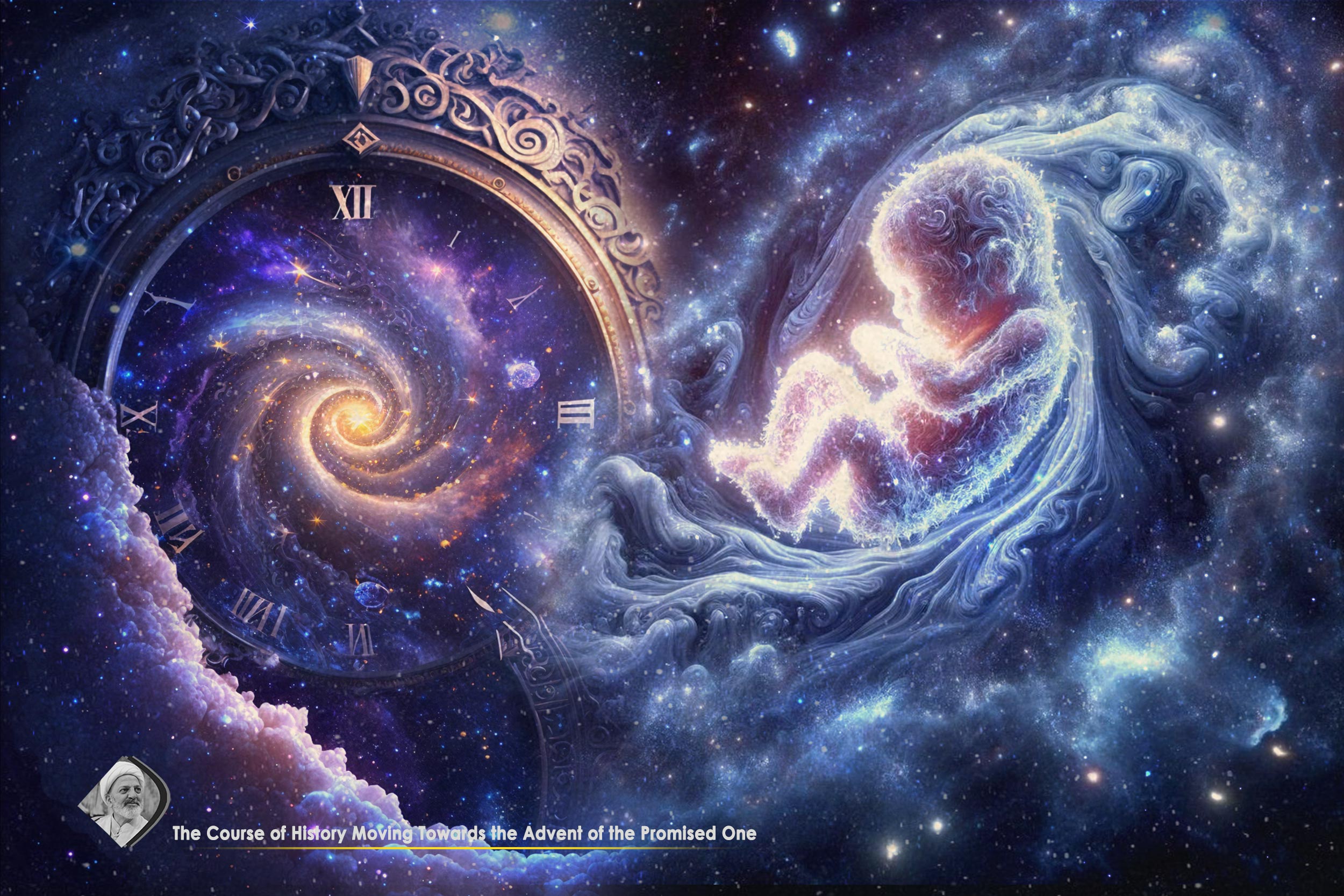
The Period of the Holy Defense
The coincidence of his theological studies with the years of the imposed war on Iran in 1980 did not make Muhammad Shojaee stay away from war. He entered the battlefield alongside other warriors. During the eight-year imposed war, he bravely and courageously took on critical responsibilities as intelligence operative and ammunition officer.
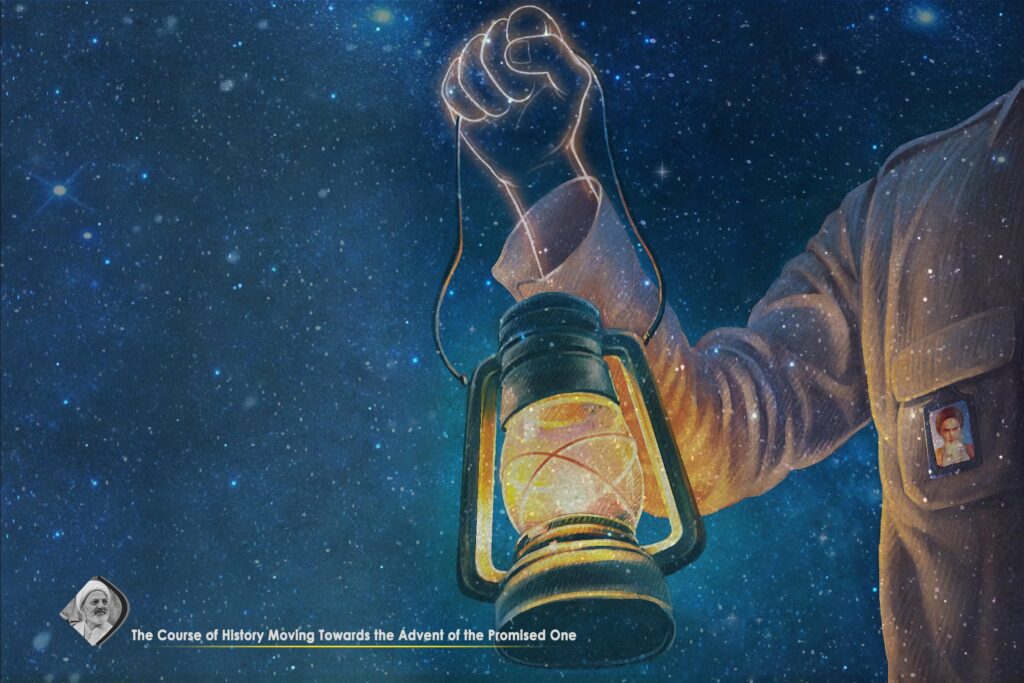
A Remarkable Feature
The Womb of the World
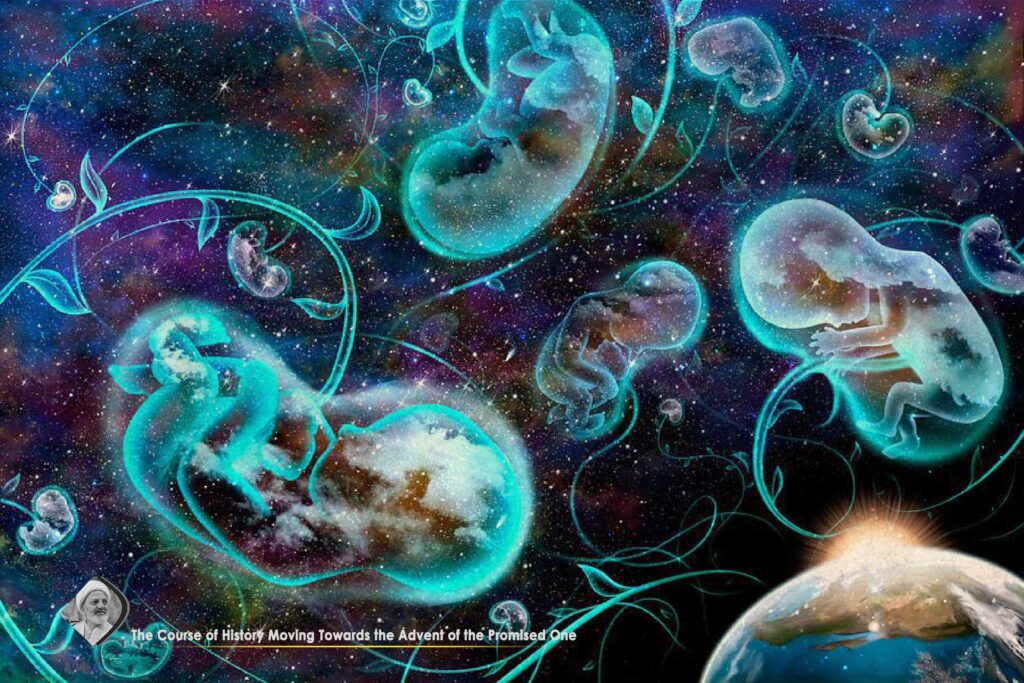
Law of Proportion
The similarity that exists between the use of these two wombs and their relationship with the worlds that follow them sparked the formulation of the “Law of Proportion,” a foundational principle in many of Professor Shojaee’s teachings. The basis of this theory is a narration (hadith) from Prophet Muhammad (PBUH), saying: “The believer in this world is like a fetus in the womb of his mother…” According to this theory, “the same relationship that exists between the mother’s womb and this world also exists between this world and the hereafter.” In other words, to understand many issues related to wafat and the realm of the hereafter, one must pay attention to the actions and reactions of the fetus in the womb and his birth to the world.
Whatever happens to the fetus during several months in the womb leads to five different types of birth: healthy, robustly healthy, weak, sick, and deformed. Any birth that is not healthy or robustly healthy indicates an incompatibility with the conditions of existence, resulting in the necessity to endure the hardships of treatment, limitations, and suffering. In some cases, such an unhealthy birth can even lead to death.
. For more on this, read the following articles:
“Law of Proportion: Understanding Characteristics of the Hereafter”
“Constructive Capability of Womb/Is It Permanent and Everlasting?”
“Womb-Like Power of the World, a Capability That Cannot Be Ignored”
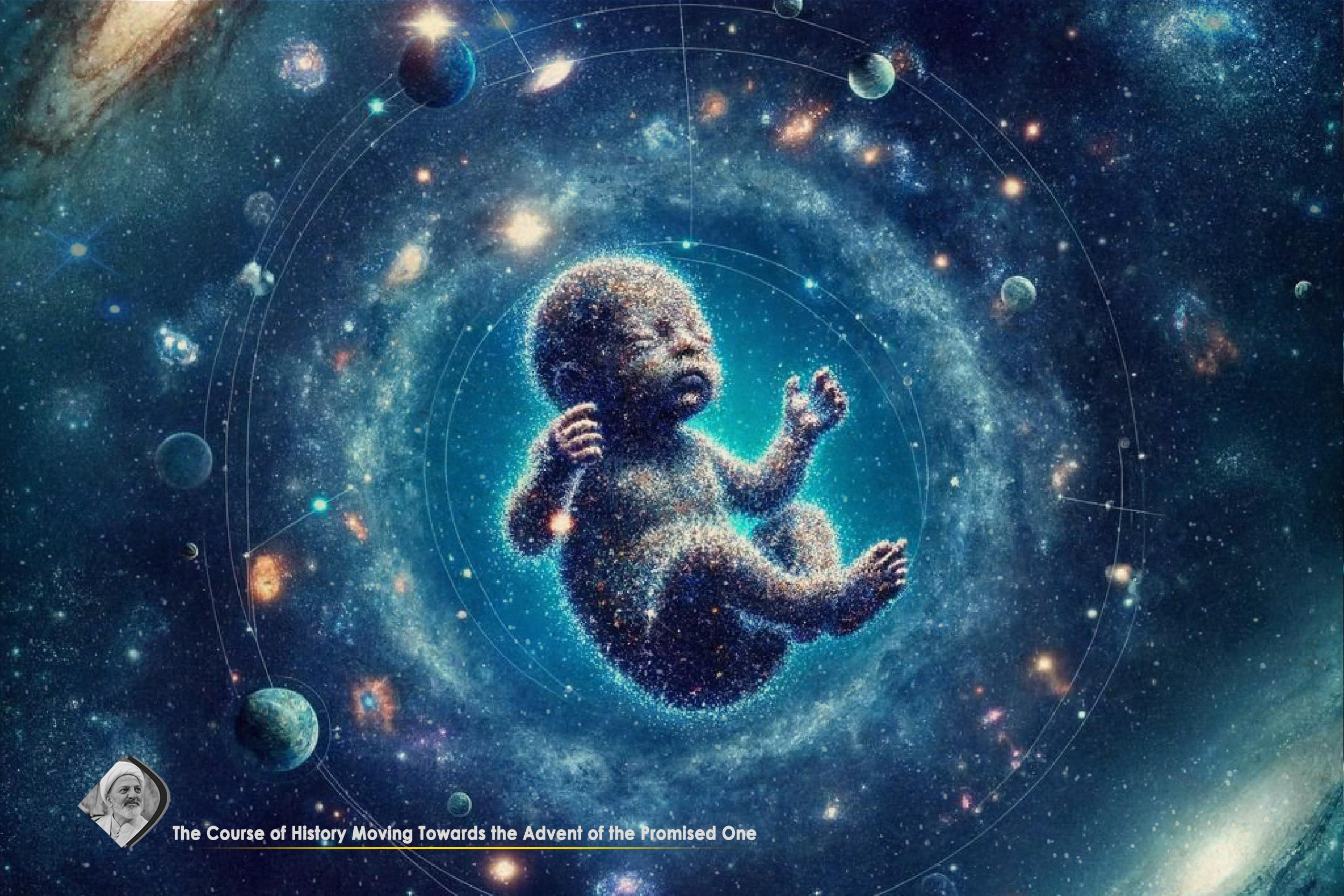
Hell, in the Words of the Professor
According to the theory of Professor Muhammad Shojaee, just like the fetus in the mother’s womb, the human soul has the opportunity in the womb of this world to prepare itself to live in the hereafter. The soul must try to make the necessary tools during his existence here in this world in order to have either a “healthy” or “robustly healthy” birth into the hereafter. The human soul may also have a weak, sick, or deformed birth, which will deprive him of benefiting from the highly developed resources of the hereafter. Another name for this deprivation of blessings of the hereafter is “Hell.” In other words, Hell means a lack of harmony between the human and the infinite resources and blessings of Heaven.
From this point of view, all rules of religion, which are classified as obligatory, recommended, prohibited, disliked, and permitted, have no purpose other than providing suitable conditions for the human in the womb of the world. By accepting religion and obeying divine commands, the human actually provides the conditions for the growth of his spiritual dimension, because he is supposed to be born into the hereafter after some years and to continue his infinite life in that world. Therefore, God’s main addressee in establishing religious rules is the spiritual dimension of the human or the Divine Spirit blown into the earthy body of the human.
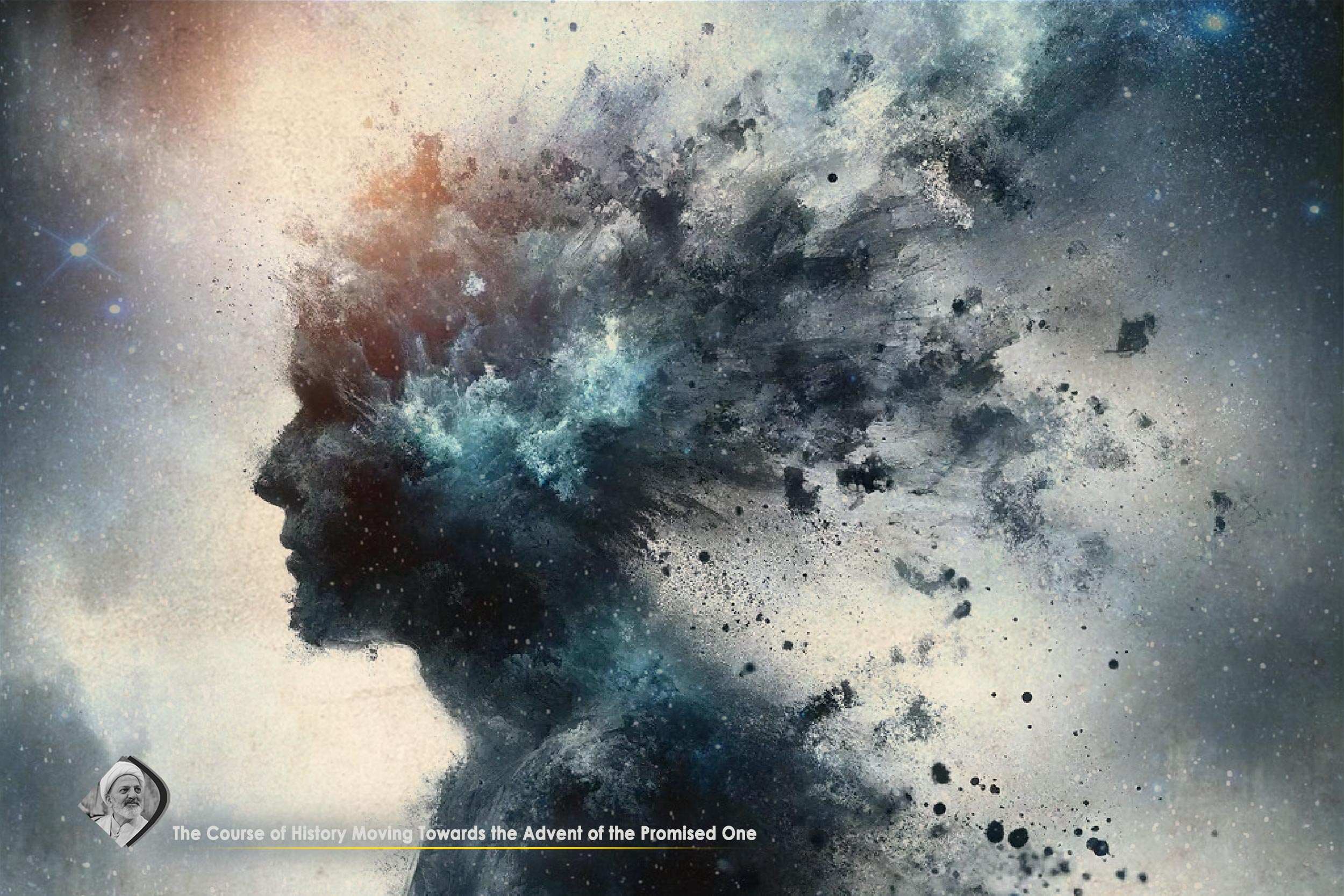
Educational Courses: A Reflection of Professor Shojaee's Concern for Human Growth
Based on what has been said and the basic role of the world in providing the everlasting bliss of the human, all thoughts, beliefs, decisions, relationships, and behaviors of the human take on a meaning as boundless as eternity because each of these is building a part of the hereafter and our otherworldly existence. Thus, every component and relationship in human life, including education, work, friendship, marriage, having children, worship, thinking, and issues such as sleep and food, are significant and a person needs to acquire skills in each of them. That is why Professor Muhammad Shojaee has been holding a series of free public courses for the past thirty years, aiming to enhance people’s abilities in these areas.
- Courses focusing on the general theme of "Humanology" (understanding what the truth of the human is and who he is, what his status is in the system of creation, what his purpose and ultimate goal are, etc.)
- "Knowing the Enemy" (knowing the most obvious enemy of the human, i.e. Satan, and getting familiar with Satan's philosophy of existence, his mechanism of action, signs of his animosity with humans, how to deal with him, and answers to dozens of other questions about Satan).
- "The Heavenly Family" (The truth of the human being is his soul, not the material body. Just as our body has an origin and a family, our soul also has a family that we will get to know in this course).
- "The Holy Covenant" (correct understanding of the criteria for choosing a spouse and the psychology of marriage)
- "Young Spouses" (examining the role and duties of men and women in the growth and strength of the family)
- "Life Skills" (familiarity with "economic," "emotional and moral," and "spiritual" skills to improve the quality of life)
- "Parenting" (bringing up children according to their innate nature and nurturing the unlimited capacity of the human)
- "Dignity" (the recognition of genuine dignity and its role in worldly life and eternal bliss)
- "Engineering of Wishes" (An individual’s whole personality lies in their heart, and desires are the owner of one's heart. In this course, we will learn about the correct arrangement and management of desires).
In addition to the activities mentioned above, since Professor Shojaee’s human and spiritual discussions are based on the human innate nature, they have consistently captured the interest of various groups of scientists, scholars, and truth-seekers in foreign countries as well. Some of his international activities include:
- Holding workshops on humanology, in other countries, for cultural activists, seminarians, and Muslims
- Holding several international conferences for the enhancement of ma’rifa within Iran and abroad
- Publishing numerous books, brochures, and pamphlets in various languages
- Presentations for university professors around Europe on the subject of psychology of philosophy and educational sciences (in 9 countries)
- Lectures on the topic of self-knowledge for members of Hezbollah in Lebanon, and people in Syria, Iraq, Russia, Turkey, and India
- Giving comprehensive self-improvement plans to foreign seminary students inside Iran.
A Letter to the People of the World
These letters are the definite solution to the crisis the world is facing. The salvation of the earth and billions of innocent and oppressed people depends on our unity and empathy today and also sincere and urgent prayer to God for the reappearance of the Promised Savior.


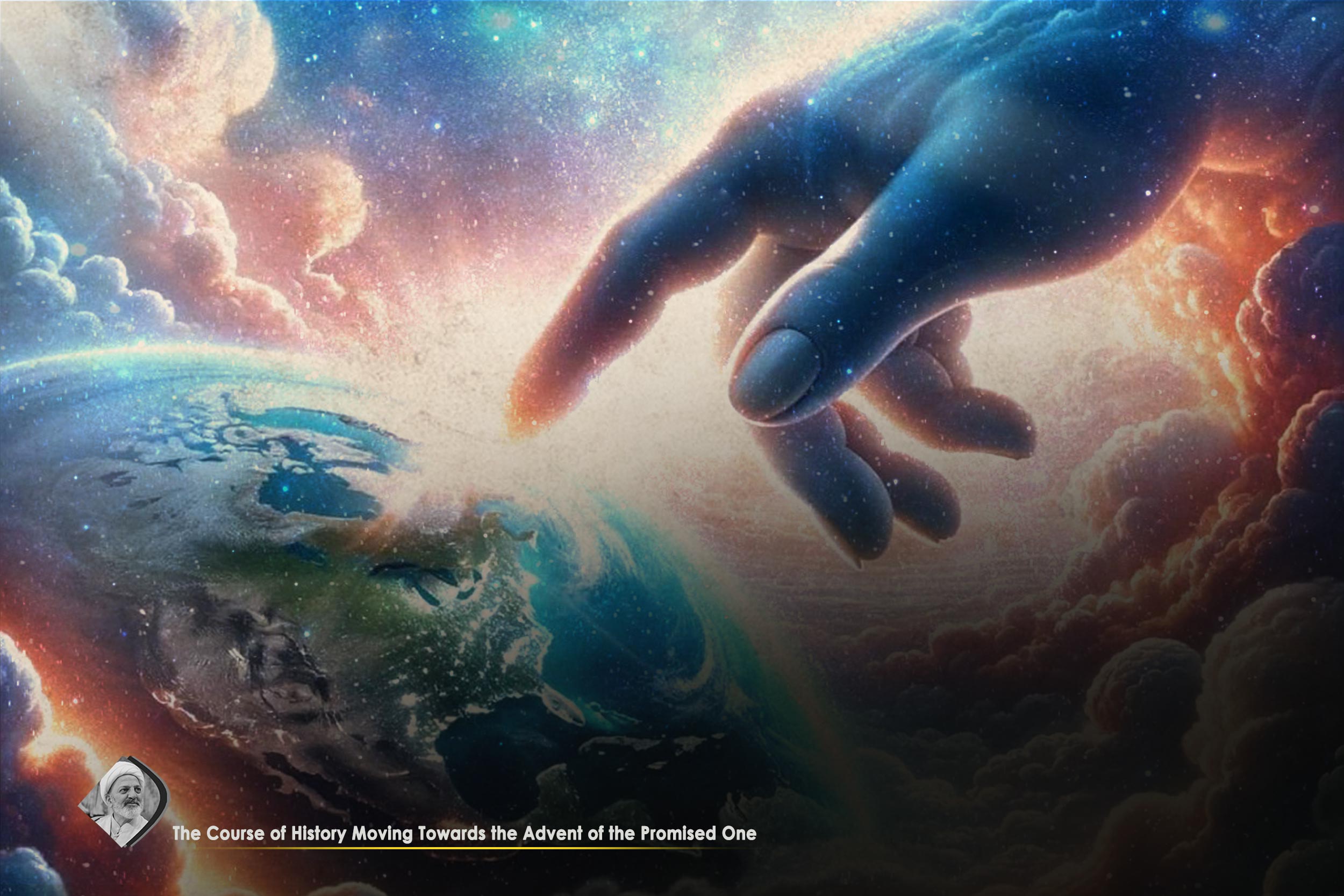


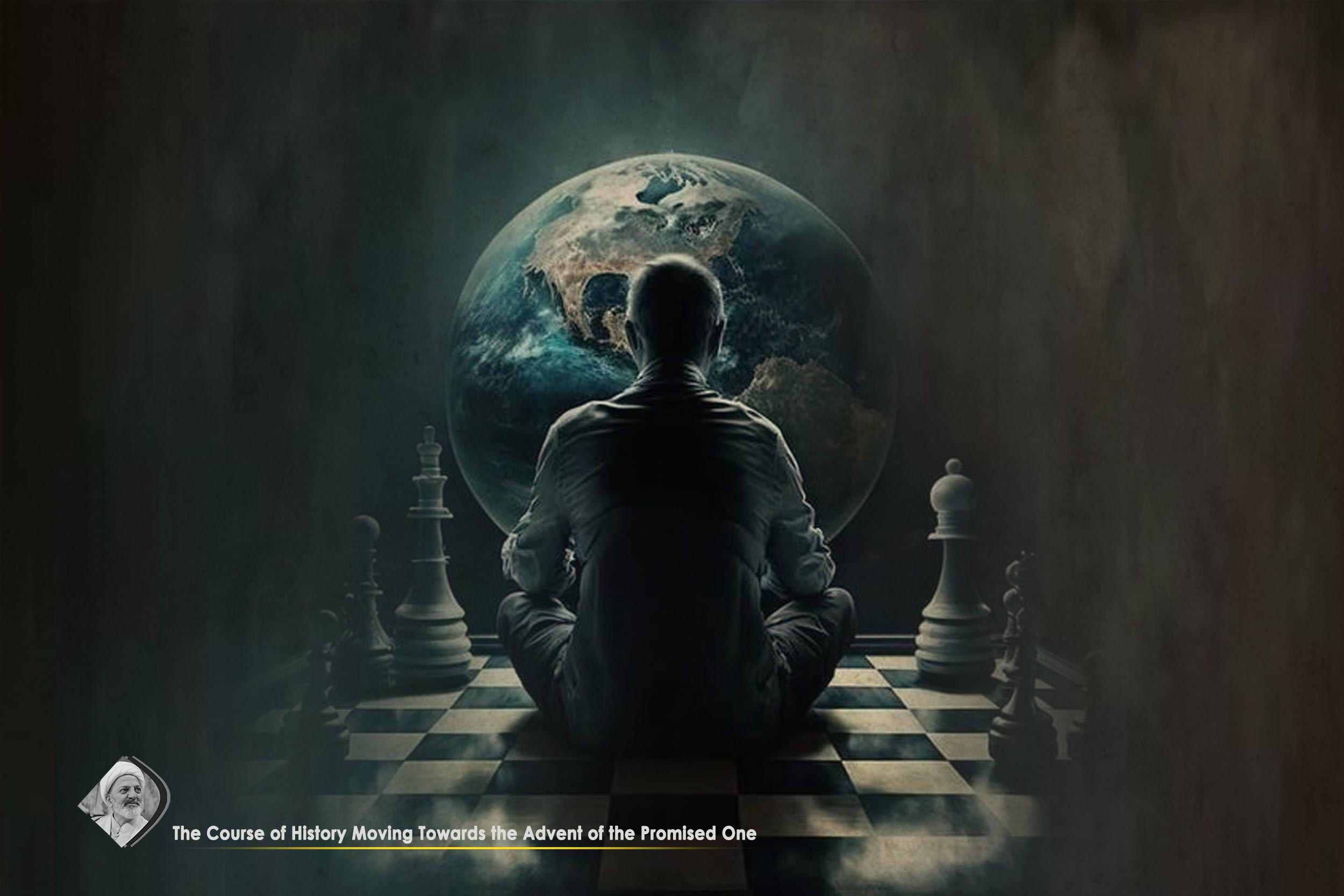

The Published Works of Professor Mohammad Shojaee
Reconciliation with the Imam of the Time (PBUH
The Necessity of Self-Knowledge and Human Studies
The Exalted Individual and Society (recommendations of Imam Reza (PBUH) to Shiites, quoted by Abdul Azim Hassani
The Pearl and the Shell (a religious, social, and political discussion about the hijab)
Salawat: The Great Remembrance
Reflection of Light (a translation and brief description of the monotheistic sermon of Imam Reza (PBUH))
The Chosen Reformer
A Selection of the Mysteries of Fasting
The Islamic Revolution of Iran and the Future of the World
The Lady of Magnanimity
The True Mourner (The Fivefold Stages of the Journey of the Mourner)
Arbaeen: A Prelude to the Promised Advent
The Glad Tidings of Arbaeen
The Martyr of Tears (Imam Hussain (PBUH) in traditions and words of Sunni scholars)
Professor Shojaee’s teachings cover a range of topics in human beliefs and lifestyle, including “A Commentary on Ziyarat Jamiah Kabirah,” “A Commentary on Ziyarat Ashura,” “Laziness and Boredom,” “Silence and Disputation,” and many others. For a comprehensive list, visit Montazer.ir to explore all available courses.
